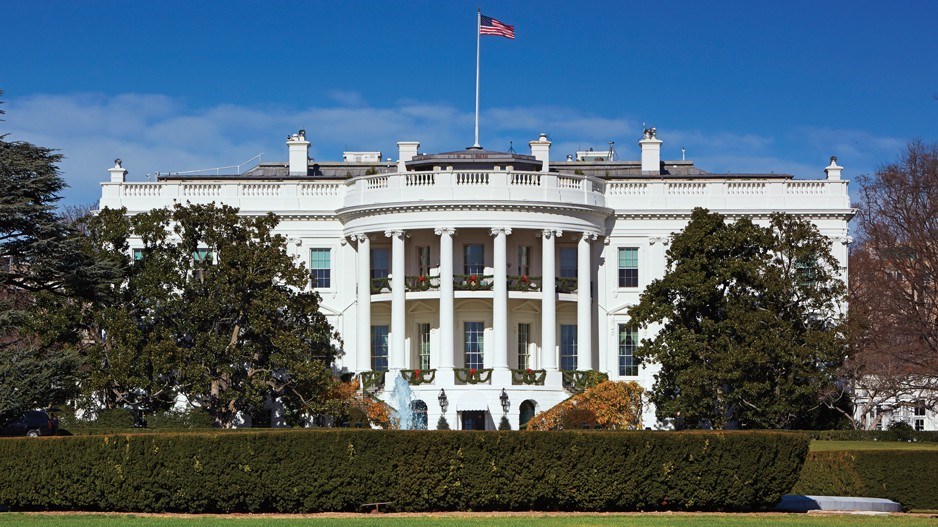Just half a year after Donald Trump’s departure from White House, his administration’s major 2017 corporate tax cuts, much like his presidency, are destined to come to an end.
U.S. President Joe Biden has proposed raising the federal corporate tax rate to 28% from 21%. While that isn’t a return to pre-Trump corporate tax rates, it is enough to restore some of the competitive tax advantage Canada enjoyed prior to 2017.
However, to gain the support from all 50 Democratic senators, a compromise to a 25% tax rate is widely expected. Dan Lundenberg, U.S. tax practice leader for BDO Canada said that while Canada still has a small competitive edge, an increase in the U.S. corporate tax rate to 28% would restore Canada’s relatively sizable advantage – particularly once state and local taxes are added.
“It does nothing but benefit us compared to where we are today,” said Chris Catliff, president and CEO of BlueShore Financial. “The friendlier labour policy and general review of corporate taxes will make Canada more competitive to the United States than we were under Trump, and that’s a net benefit.”
Biden, while not planning on a wholesale reversal of Trump’s tax cuts, is developing a relatively new global tax regime that will not only affect Canada but also shift the modern understanding of global competitiveness.
Former U.S. Federal Reserve chair Janet Yellen, now Biden’s treasury secretary, is advocating a global minimum corporate tax. The goal is to prevent a race to the bottom for corporate tax rates among nations and to prevent profitable companies from dodging taxes by filing in the lower-tax jurisdictions. Yellen’s initiative has already gained momentum. The G7 has endorsed the idea, and the G20 is expected to follow suit in July.
However, what effect this will have in the short term is unclear. Lundenberg said that not only are multinational agreements often slow to negotiate but also that many of the G7 countries already have relatively high taxes, particularly with the U.S. and U.K. set to raise their corporate rates.
A global minimum tax isn’t the only radical change on the international competitiveness front. Biden is also proposing a 21% minimum tax on multinational corporations’ income to ensure that profits in tax havens are taxed.
“I think the trend is to ensure that multinationals pay a minimum level of tax and not have income that’s taxed effectively nowhere,” Lundenberg said.
Biden has also proposed labour and environmental changes that could help level the competitive playing field, according to Catliff. But not all proposals are made law. Biden is facing Republican pushback on his spending and environmental policies, and the Democrats were not able to include a $15-per-hour minimum wage in the COVID-19 bill passed earlier this year. The derailed party priority would have helped Canada’s competitiveness.
Catliff said that under Biden, the U.S. policies will be less nasty and less transparently duplicitous than what they have been over the last four years.
“Biden will be friendlier, but not friendly per se,” he said.
How much friendlier is yet to be seen, but will a harsher U.S. corporate tax policy necessarily mean substantially more business and investment dollars in Canada? While taxes are a consideration when making investment and relocation decisions, Lundenberg said they are often not the first or even second consideration. Other pro-business aspects like an educated workforce and more accepting immigration laws are key considerations.
Lundenberg said Trump’s corporate tax cuts didn’t persuade Canadian businesses to head south in significant numbers, but some clients were considering creating U.S.-based operations as a result of the Trump trade tariffs, many of which have yet to be removed. •




